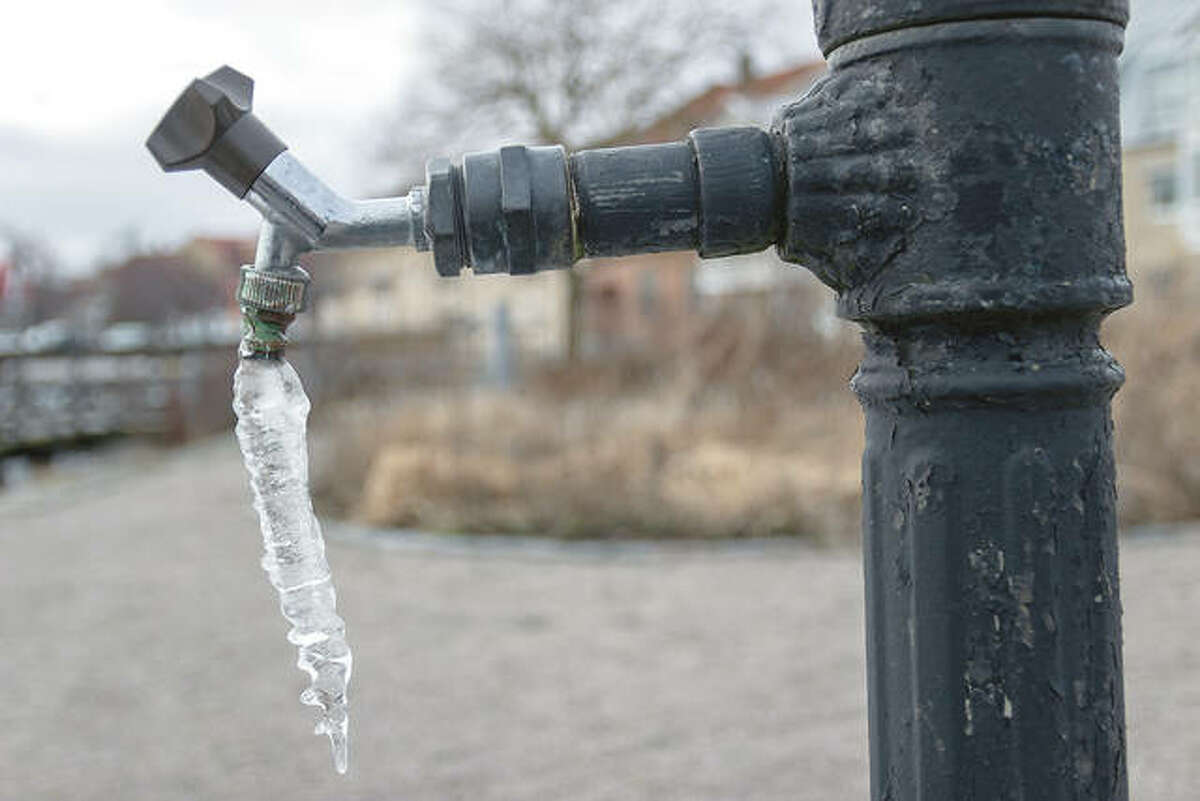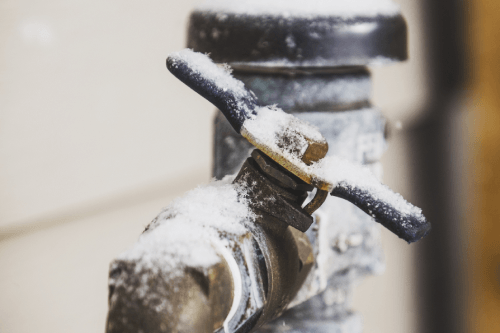Avoiding Pipes from Freezing: Best Methods
Avoiding Pipes from Freezing: Best Methods
Blog Article
They are making a number of great observations related to How to prepare your home plumbing for winter weather as a whole in this article on the next paragraphs.

Winter can damage your plumbing, especially by freezing pipes. Below's how to stop it from occurring and what to do if it does.
Introduction
As temperature levels decline, the danger of icy pipes rises, potentially causing costly fixings and water damage. Understanding just how to stop frozen pipes is essential for house owners in chilly climates.
Avoidance Tips
Protecting susceptible pipelines
Cover pipelines in insulation sleeves or utilize warmth tape to protect them from freezing temperatures. Focus on pipelines in unheated or exterior areas of the home.
Heating methods
Maintain indoor rooms properly heated up, specifically locations with pipes. Open closet doors to permit warm air to flow around pipes under sinks.
How to recognize icy pipelines
Look for lowered water flow from taps, unusual smells or sounds from pipelines, and noticeable frost on exposed pipelines.
Long-Term Solutions
Architectural modifications
Take into consideration rerouting pipelines far from exterior walls or unheated locations. Add additional insulation to attic rooms, cellars, and crawl spaces.
Upgrading insulation
Buy premium insulation for pipes, attic rooms, and wall surfaces. Appropriate insulation helps maintain regular temperatures and lowers the danger of frozen pipelines.
Securing Outdoor Pipes
Yard pipes and outside taps
Disconnect and drain garden pipes before winter season. Install frost-proof faucets or cover exterior faucets with protected caps.
Understanding Icy Pipes
What causes pipelines to freeze?
Pipelines freeze when exposed to temperature levels below 32 ° F (0 ° C) for expanded periods. As water inside the pipelines freezes, it broadens, taxing the pipe wall surfaces and possibly triggering them to break.
Risks and damages
Icy pipes can cause water supply interruptions, residential or commercial property damages, and pricey repairs. Burst pipes can flood homes and trigger substantial architectural damages.
Indications of Frozen Water Lines
Recognizing icy pipes early can avoid them from rupturing.
What to Do If Your Pipes Freeze
Immediate actions to take
If you suspect icy pipelines, keep taps available to soothe pressure as the ice melts. Use a hairdryer or towels soaked in warm water to thaw pipes gradually.
Conclusion
Stopping frozen pipes needs aggressive measures and quick reactions. By recognizing the reasons, indications, and preventive measures, property owners can safeguard their plumbing during cold weather.
6 Proven Ways to Prevent Frozen Pipes and Protect Your Home
Disconnect and Drain Garden Hoses
Before winter arrives, start by disconnecting your garden hoses and draining any remaining water. Close the shut-off valves that supply outdoor hose bibs and leave the outdoor faucet open to allow any residual water to drain. For extra protection, consider using faucet covers throughout the colder months. It’s also important to drain water from any sprinkler supply lines following the manufacturer’s directions.
Insulate Exposed Pipes
Insulating your pipes is an effective way to prevent freezing. Pipe insulation is readily available at home improvement stores and is relatively inexpensive. Pay close attention to pipes in unheated areas such as the attic, basement, crawl spaces, or garage. Apply foam insulation generously to create a buffer against the cold. You can also wrap your pipes in heat tape or thermostat-controlled heat cables for added warmth.
Seal Air Leaks
Inspect your home for any cracks or openings that could let in cold air. Seal any holes around the piping in interior or exterior walls, as well as the sill plates where your home rests on its foundation. Additionally, make sure to keep your garage door closed unless you’re entering or exiting. Leaving it open creates a significant air leak that can lead to frozen pipes.
Allow Warm Air Circulation
During cold snaps, it’s essential to allow warm air to circulate evenly throughout your home. Leave interior doors ajar to promote better airflow. Open kitchen and bathroom cabinets to help distribute heat consistently around the rooms. If you have small children or pets, be sure to remove any household chemicals or potentially harmful cleaners from open cabinets for safety.
Let Faucets Drip
A small trickle of water can make a big difference in preventing ice formation inside your pipes. When temperatures drop significantly, start a drip of water from all faucets served by exposed pipes. This continuous flow helps prevent the water from freezing. Additionally, running a few faucets slightly can relieve pressure inside the pipes, reducing the chances of a rupture if the water inside does freeze.
https://choateshvac.com/6-proven-ways-to-prevent-frozen-pipes-and-protect-your-home/

We had been shown that report on Prevent Frozen Pipes through a pal on a different web page. Do you know somebody else who is serious about the subject? Feel free to promote it. Thanks a lot for going through it.
Click Here Report this page